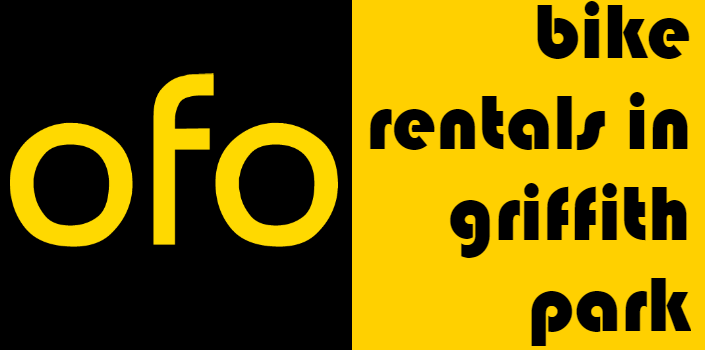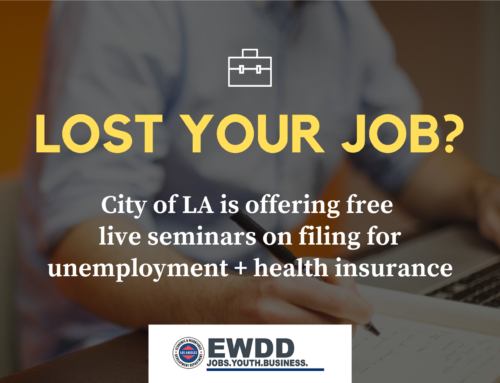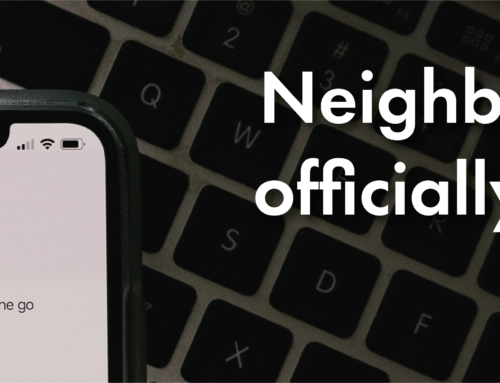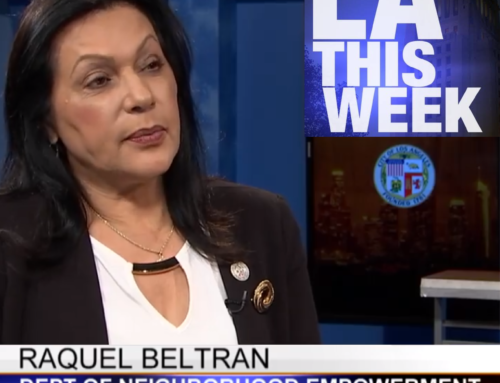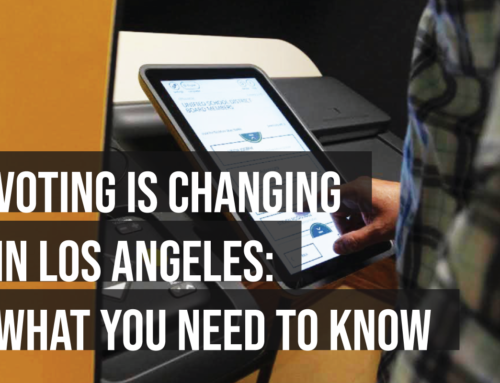Griffith Park is the newest location where you can pick up a short-term bike rental in the city of Los Angeles, if you don’t mind riding on hills.
The bicycles are rented from a dockless bike-share system, meaning riders can pick up and drop off the bikes anywhere in the park’s service area. The system is unlike the bikes in downtown Los Angeles or Pasadena rented by the Metropolitan Transportation Authority that must be returned to a designated station.
Short-term bike share rentals have become a common sight in many areas around L.A. But the number of rental systems can cause confusion, with cities like Santa Monica, West Hollywood and Long Beach using one bike share vendor, while Metro rents a different type of bike in downtown, Pasadena, Venice and San Pedro. Each system has a unique payment structure, and requires users set up a new account on each different app.
The Griffith Park dockless bikes are operated by a Chinese company called ofo. To check one out, riders download the app that helps them locate the nearest bike and then scan a barcode to unlock the wheels.
That is similar to the dockless bike systems already in Santa Monica and Long Beach, except for the price. Ofo charges only $1 for an hour of use. Compare that to the walk-up fee for the Metro or Santa Monica bike-share systems, which each charge about $7 to use a bike for an hour.
Ofo is just one of a slew of private bike-share companies that are now operating in cities around the U.S., tapping big venture capital funds to offer super-cheap bike rentals.
Like the ride-hailing app Uber, the businesses hope to grow their customer base with attractive low rates while funding expansion with private investments. But questions remain whether the model will be sustainable.
In some cities, like Seattle, and soon the Twin Cities, these private bike-share systems are taking the place of publicly administered bike-share systems, which generally require local transit and grant funding. They charge higher fares to sustain the system.
The city of L.A. hasn’t yet decided whether to allow these companies beyond Griffith Park. City Councilman David Ryu introduced a motion in early October to court and license the companies in L.A. but the full council has not yet taken it up.
Critics worry that public bike-share programs won’t be able to compete with private companies, which have no obligation to continue serving communities if they’re not sufficiently profitable.
Some cities have also found users are leaving the dockless bikes in inconvenient places, blocking driveways and pedestrian paths or even stuck up trees.
L.A. officials hope the bikes will help cut down on car traffic in Griffith Park. The park has instituted a number of measures to discourage cars, such as increasing shuttle service and charging for parking inside the park.
The L.A. City Council is expected to take up the issue of private bike-sharing in coming months.


